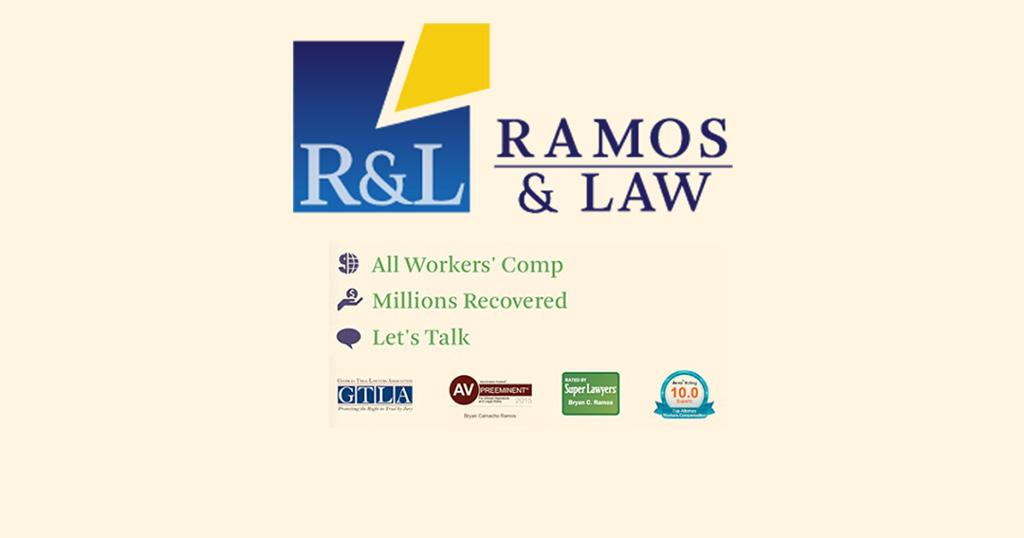
On July 9, 2009, the Georgia Court of Appeals delivered its opinion in the Kroger Company v. Wilson case (A09A1226). In this matter, the Court specifically addressed the application of the statute of limitations provision to a change of condition/catastrophic designation case.
Mr. Tommy J. Wilson worked as a truck driver for the Kroger Company when he injured his back in 1994. He underwent spinal surgery and remained out of work for nearly two years. He was able to return to wok in a light duty capacity for the next 14 months. Unfortunately, Mr. Wilson required another surgery in 1998 but was able to return to work in a sedentary “dispatcher” position. During this time, Mr. Wilson was paid temporary total and partial disability benefits accordingly.
In September 2001, Mr. Wilson reached the statutory caps for indemnity benefits. While he was able to continue to work until May 2004, he apparently did so without any workers’ compensation income supplements.
In August 2003, Mr. Wilson filed a WC-14 requesting an evidentiary hearing on the issues of temporary total or partial disability from September 2001 forward. The hearing did not take place as he later withdrew his request.
In April 2006, Mr. Wilson filed an Employee’s Request for Catastrophic Designation with the Board. However, the administrative law judge (ALJ) issued an order finding that Mr. Wilson’s claim was time-barred under the change of condition limitations found in O.C.G.A. § 34-9-104. Upon appeal the Appellate Division reversed the ALJ’s decision and the Superior Court of Clayton County affirmed appellate decision.
The Court of Appeals granted discretionary review and first examined what limitation period applies to catastrophic designation cases. The Court determined that requests for catastrophic designation constitutes a change in status or condition contemplated in O.C.G.A. § 34-9-104. Consequently, the two year statute of limitations applies from the last date of income benefits.
As that statute of limitations applies, the next question the Court addressed was whether Mr. Wilson’s filing was sufficient. The Court found it was not. The Court noted that the 2003 filing did not include a request for catastrophic designation. Moreover, Mr. Wilson was working at the time and the Employer could not have adequate notice that the 2003 request was for life-time benefits. Furthermore, the State Board Rules require that the employee file an official “Employee’s Request for Catastrophic Designation.” Mr. Wilson did not file this request in 2006.
Therefore, the claim for catastrophic designation was invalid as a matter of law.
These issues raise many questions as to the form, process and due process rights of the parties involved in a workers’ compensation claim. For information regarding this case or about your workers’ compensation issues, please contact Bryan Ramos.
